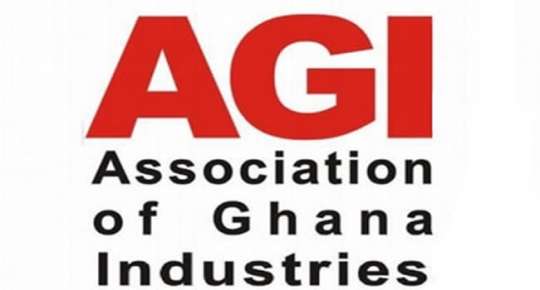The Association of Ghana Industries (AGI), says it is dissatisfied with the government’s decision to review the benchmark discount value while consultations are still ongoing.
After months of agitation and weeks of consultations with stakeholders in the trading community on the benchmark values reduction policy, the government has finally concluded on a 30 percent discount for all goods and 10 percent for vehicles.
According to the government, this change, which will take effect from March 1, 2022, allows for a win-win situation for all parties involved.
Initially, a discount of 50% was applied on the benchmark values of selected goods, while a 30 percent discount was applied on vehicles.
But the AGI in a statement issued on Monday, said the decision by the government will not settle the concerns of local manufacturers, indicating that they are “very dissatisfied.”
“Our attention has been drawn to a reduction of the 50% benchmark discount value to30% for general goods and 10% for vehicles, while consultation was still in progress. This revision by the government does not offer solutions or address the concerns of local manufacturers. While we acknowledge efforts by the government to address this distortion, we are very dissatisfied with this review.”
The association further stated that the reduction does not automatically restore the local manufacturers to their previous state or increase competitiveness after suffering the impact of the decision for more than two years.
“After bearing the brunt of this policy for over two years, it has been our expectation that the revision will spare us further stress. AGI wishes to state that a review from 50% to 30% for general goods and 10% for vehicles does not restore local manufacturers to the status quo, let alone competitiveness. This will not achieve the desired impact, and we consider this not adequate to ensure the competitiveness of our manufacturers. Indeed, we are disappointed.”
The association says it wants to see a road map of what the government’s decision to gradually reverse the benchmark will look like.
“Since the government has indicated a gradual reversal of the benchmark discount policy, we would like to see a road map with timelines for this process.”
Find details of the statement Here
Abena Osei Asare, a Deputy Finance Minister is confident that the new review of the value will help the government and the Ghana Revenue Authority meet the GH¢80.3 billion revenue target for the year 2022.
She stated, “What I can say is that it’s going to help us achieve our GH¢80.3 billion revenue target set out in the 2022 budget. So we look forward to it. We’ll give them all the support that they need to enable them to implement it, and to be guided by what we have done. At the end of it all, it is Ghana that will benefit.”
The policy has, since its inception, received varied views among players within the port and trading industry.
When the government in 2019 announced the decision to reduce benchmark values for some general goods by 50% and 30% on cars, the idea was to increase volumes of traffic at the port and ultimately increase government revenue.
While importers and exporters, freight forwarders as well as the Ghana Union of Traders’ Association praised the government for how the decision reduced the cost of doing business, groups such as the Association of Ghanaian industries were concerned about the impact on the competitiveness of their products.
Two years down the line, the government announced the reversal of the benchmark value reduction policy in the 2022 budget and set January 4 as the implementation date of the policy.
That was met with stiff resistance from the trading community, with GUTA hinting of a 50% increment in the cost of goods and services if the policy is implemented.
On January 4 however, business came to a standstill at the ports as freight forwarders who had made their declarations and accepted their duties could not proceed to make payments.
This led to a temporary postponement of the date to January 6 and later to January 17 for stakeholder engagements. The Presidency subsequently suspended it and gave the GRA a January 17 deadline to consult on the matter.







